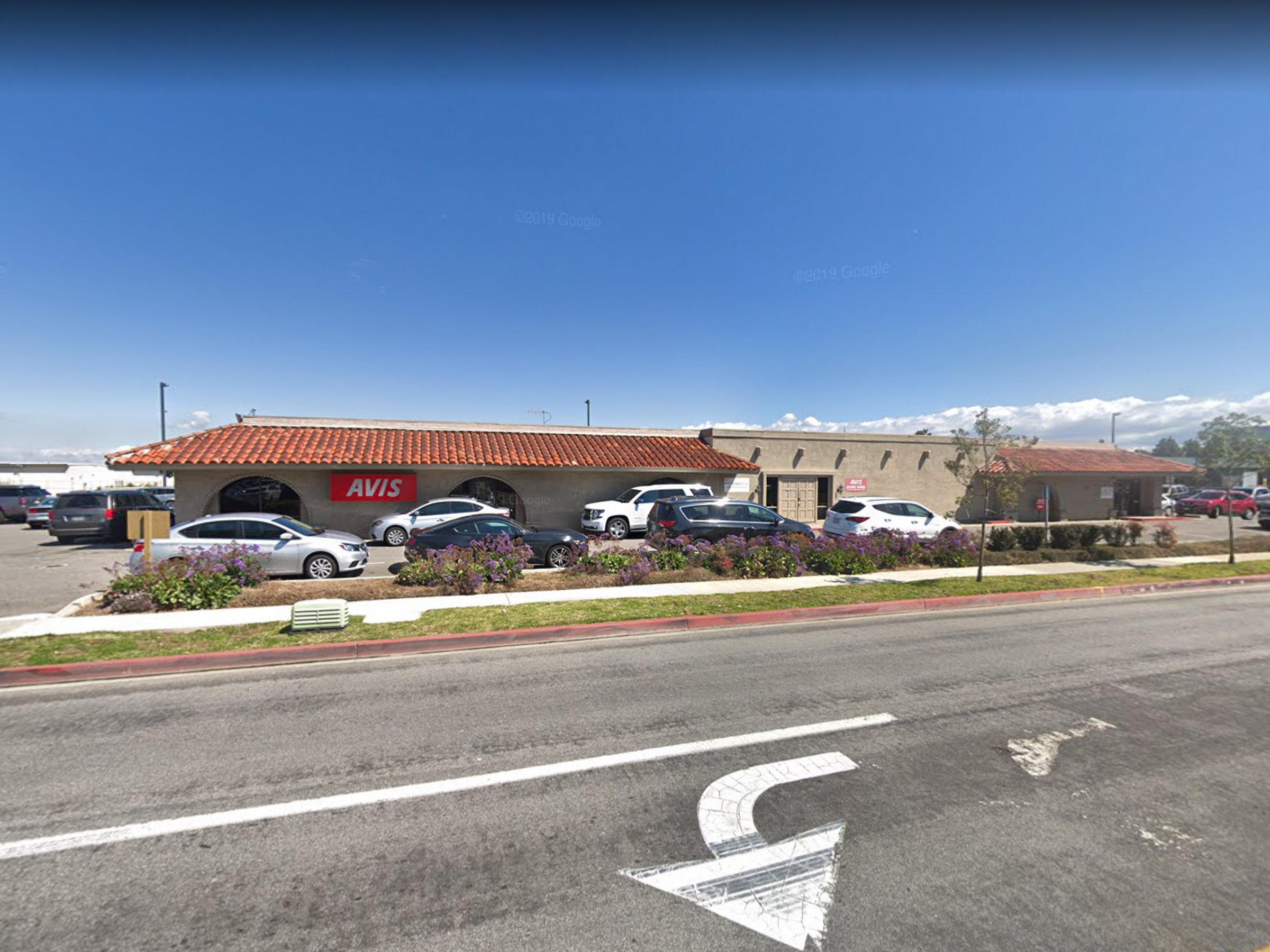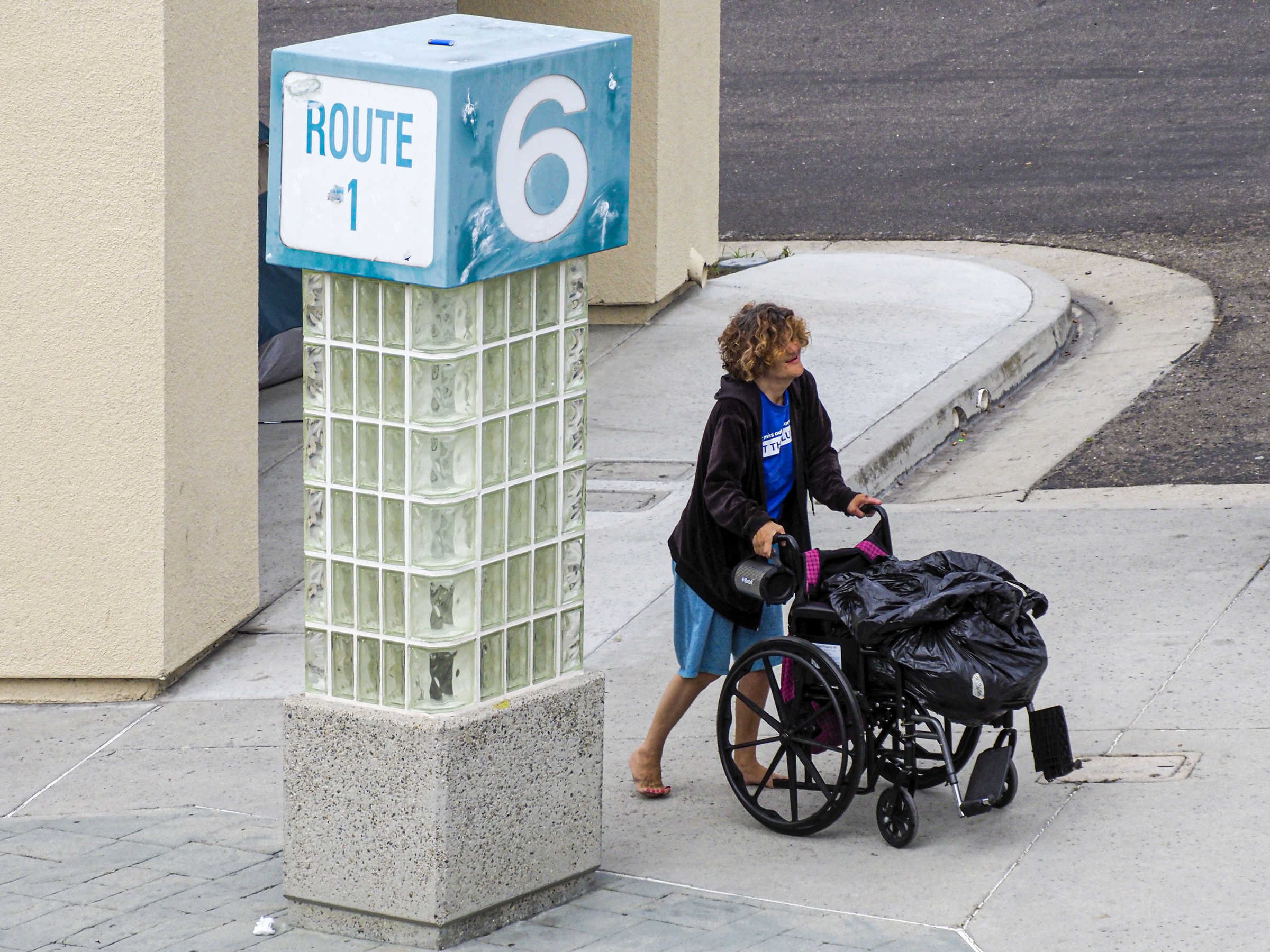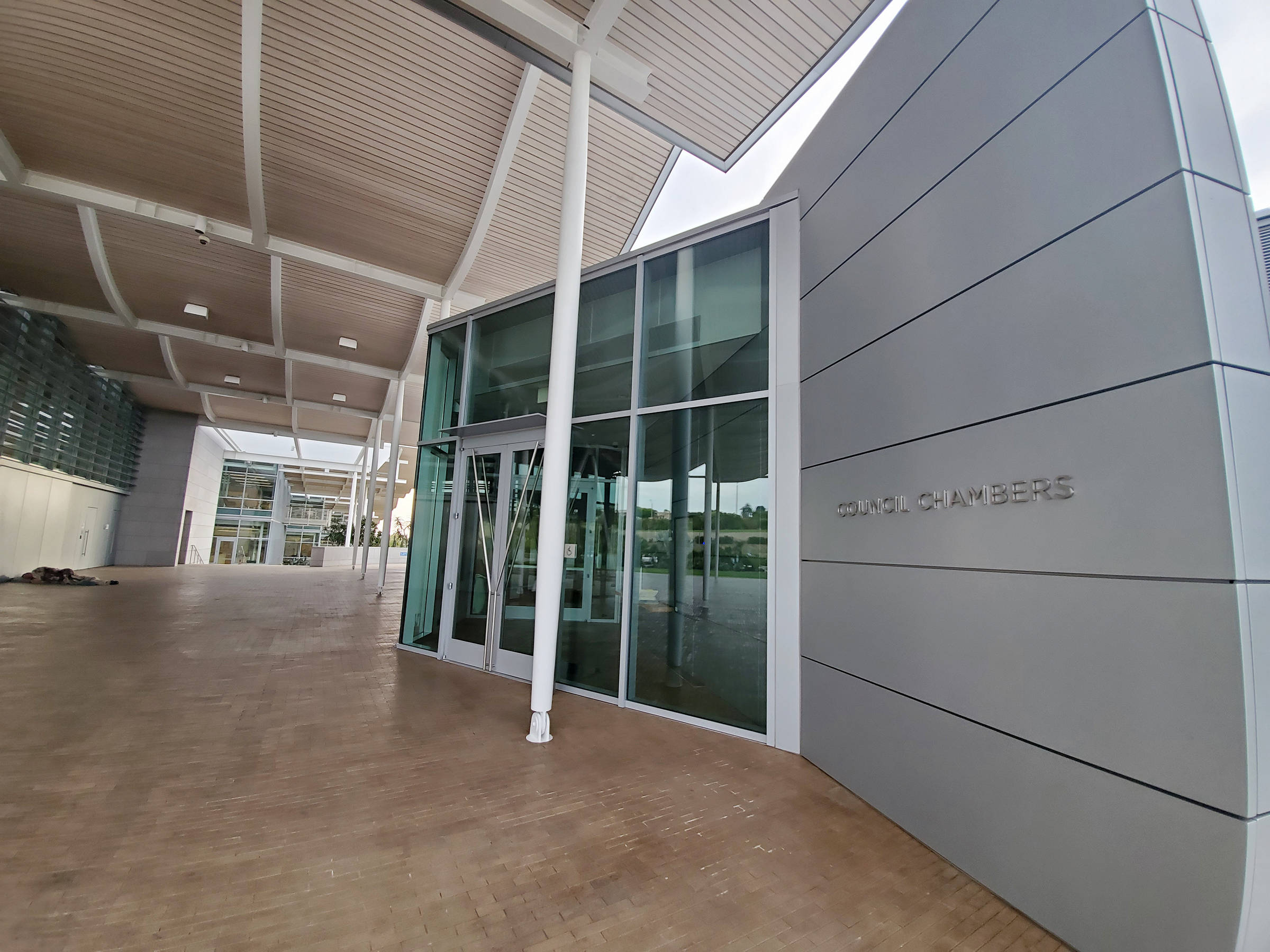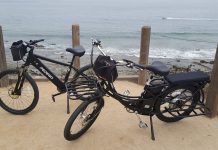Newport Beach officials were disappointed to learn Monday the U.S. Supreme Court declined to review a federal appellate court’s decision that prohibits cities from enforcing anti-camping laws if they don’t have available shelter beds.
The high court’s decision means that homeless people can’t be cited for sleeping on public property in Newport Beach, including beaches, parks, sidewalks, greenbelts, and public parking lots. Private property is exempt from this court ruling.

— Google Map data 2019 ©
City leaders say the high court’s decision won’t have an immediate impact on their strategy to provide emergency shelter at the city corporation yard, a car rental lot at 4200 Campus Dr., and/or partnering with Costa Mesa and Tustin to accept Newport’s homeless residents at their respective shelters.
“Newport Beach joined our colleagues in cities as diverse as Laguna Beach, Sacramento, Thousand Oaks, Fullerton, Salinas, and San Rafael, among many others, to ask that the United States Supreme Court resolve ambiguities in the Ninth Circuit’s decision,” Mayor Will O’Neill wrote in a prepared statement. “Legal clarity helps guide public policy. The court’s decision to let stand the Ninth Circuit’s decision is disappointing.”
O’Neill added that Newport will continue talks with the county and neighboring cities and with nonprofit and religious institutions to help shelter homeless individuals.
“Ultimately, the city’s plan for assisting the homeless has never been dependent upon the United States Supreme Court’s review of the Boise decision and the city will continue to ensure that all of its actions comply with constitutional standards,” O’Neill wrote.
Newport Beach officials estimate the city’s homeless population at between 64 to 80 individuals. Under the case law established by Martin, it’s unclear whether Newport Beach is required to provide a bed for every counted homeless person. Another challenge in resolving this legal quagmire is the homeless population is inherently transient, meaning it’s uncertain a Newport Beach shelter would remain fully occupied.

— Photo by Lawrence Sherwin ©
Brooke Weitzman, directing attorney and co-founder of the Elder Law Center, said her firm has seen some Orange County cities that have delayed moving forward on building shelters because they hoped the Supreme Court would overturn the Martin decision. The UC Irvine Law alumna is one of the lead plaintiff attorneys in the Orange County Catholic Worker case being managed by U.S. District Judge David O. Carter.
“Hopefully, what [the Martin decision] will do is really create a space that will allow them to create solutions,” Weitzman said.
Weitzman isn’t opposed to Newport Beach pursuing a regional solution with other cities, adding that it would need to have a transportation service so homeless guests can maintain their employment and doctor appointments.
Newport Beach residents who are opposed to building any shelter in the city limits or funding shelters in other cities need to understand that they’re tax dollars are already spent to pay for emergency room visits, law enforcement, and public infrastructure cleaning, Weitzman said. A joint study by UC Irvine, Orange County United Way, and Jamboree Housing determined building affordable, supportive housing would be a far less costly alternative than the status quo.
The Martin decision dropped the same day as a meeting of the Newport Beach Board of Library Trustees, which heard a proposal from trustee Paul Watkins to revisit policies he claims would mitigate “offensive” behavior by some library patrons.
While Watkins acknowledged most of his interactions with patrons who are likely homeless are respectful, in a couple of cases, he and his wife Ronnie experienced “offensive staring” and “glaring” by some individuals. He’s also suggested reviewing policies to explicitly ban shaving, hair washing, and bathing in restrooms at Newport Beach libraries.

— Photo by Sara Hall ©
“I think we need to be vigilant to protect the people who are the residents our community from anything that is behaviorally inappropriate,” Watkins said.
The trustees agreed to place the matter on its January meeting agenda.
“I think you’ll find I haven’t become Attila the Hun on the thing,” Watkins said. “I just am concerned that the non-homeless patrons are … make sure that we protect them and what they expect in a Newport Beach public library.”
The proposed library policies appear like another creative way to discriminate against homeless people, Weitzman said. She added that a ban on “offensive staring” in libraries would be indefensible.
“I can’t even begin to the list the ways that would go terribly wrong and violate people’s rights,” Weitzman said. “Sounds like a receipt for a lawsuit.”




